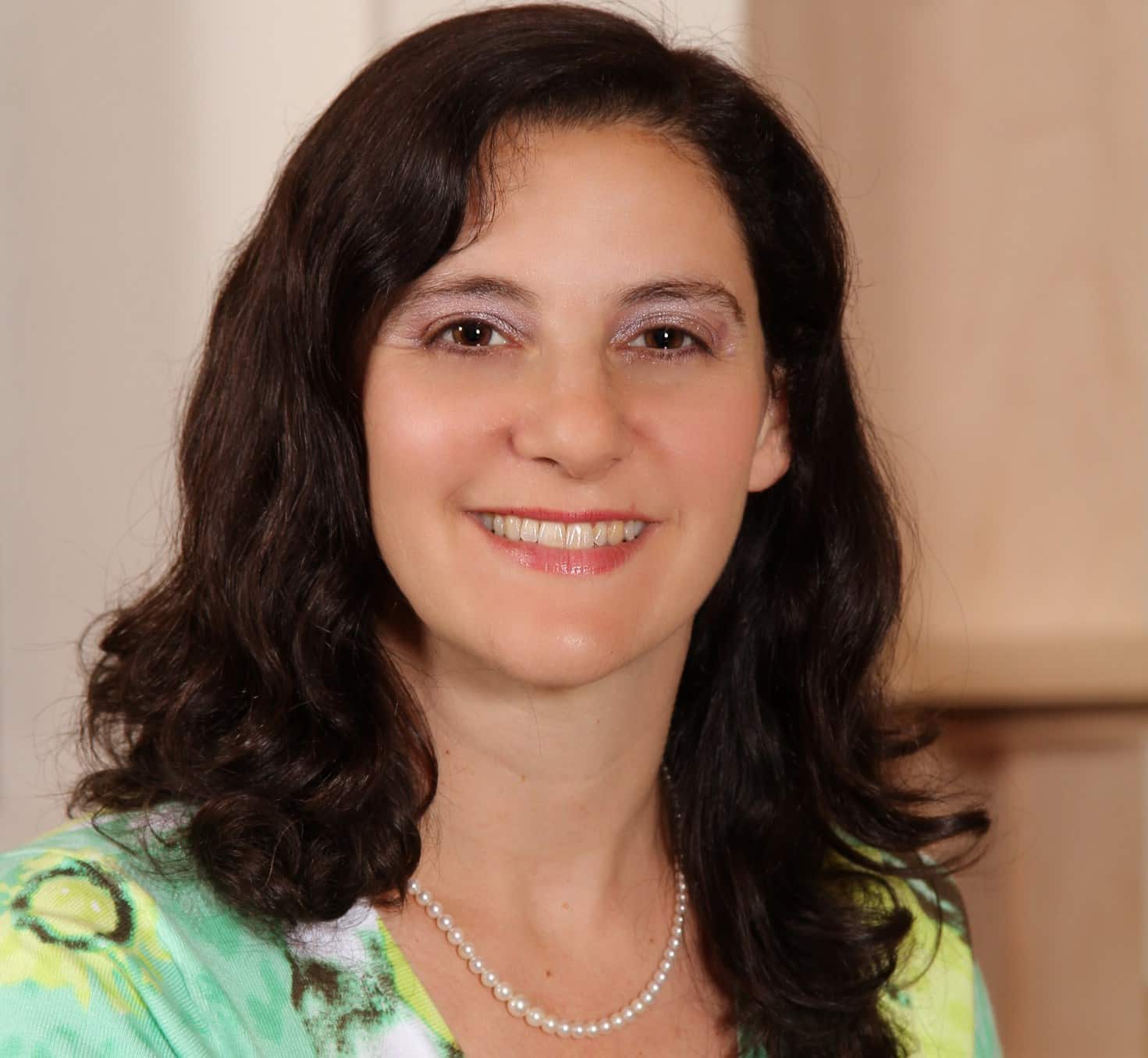
We are on the cusp of a new year, and I sure don’t feel much like celebrating. The last seven months of the coronavirus pandemic has left more than 184,000 dead in the United States alone — with no end in sight. Last week, the fifth-largest hurricane on record hit the U.S. South. A police officer shot Jacob Blake, a Black man, in the back seven times. Peaceful demonstrations ensued, followed by violent unrest, after which a white 17-year-old was accused of shooting and killing two people.
What on earth is going on in this country? How can we maintain our sanity in these maddening times?
During this month of Elul, as we prepare for the High Holy Days, we have an opportunity to see the bigger picture and seek some uplift. I found this uplift last week, when the Board of Rabbis held a zoom High Holy Days workshop with Rabbi Sharon Brous of Ikar in dialogue with Pastor Eddie Anderson of McCarty Memorial Church. In the session, Rabbi Brous began by teaching the foundational premise of Judaism found in Genesis 1:27: that each person is created in the image of God. She then shared a text from a collection of interpretations called Devarim Rabbah: “Rabbi Joshua ben Levi said, ‘A procession of angels walk before a person wherever he goes, blowing the shofar and announcing, “Make way for the image of the Holy One.”’”
Rabbi Brous encouraged us to ponder that image. What would the world look like if everyone took this idea seriously? If each human life was considered worthy of a troop of angels, blowing trumpets and announcing that each is created in God’s image? Surely, people would not shoot others so recklessly!
Rabbi Michele Lenke suggested this image could be a way of understanding the 6 feet of distance we are supposed to put between ourselves and others. The 6 feet could be envisioned as making room for the invisible angels that surround each of us. When we keep our physical distance, we are not trying to get away from one another, but rather, leaving space for our angels.
In this week’s Torah portion, Moses tells the Israelites what to do when they finally arrive in the Promised Land after 40 years of struggling in the desert. Moses instructs them to put a piece of fruit from the land into a basket, give it to the priest and say a few sentences about what they learned during their journey from slavery in Egypt to freedom.
When we keep our physical distance, we are not trying to get away from one another, but rather, leaving space for our angels.
What if, like the Israelites, we finally get to the moment we’ve all been anticipating? Imagine there’s a vaccine that has been shown definitively to protect you against COVID-19 infection. Picture yourself in your doctor’s office. The nurse comes to administer the vaccine. You receive the inoculation, and when the nurse leaves, you smile with a wave of relief for having survived. You whisper the Shehecheyanu prayer, thanking God for allowing you to reach this moment.
Then, as you get up to leave, there’s a knock on the door. Your rabbi walks in and hands you a basket and asks, “What have you learned during the pandemic?”
What would you say? What object would you put in the basket to represent your experience?
Personally, I imagine putting a blanket in the basket and saying that I’ve learned the value of friendship — how much I miss sitting on a blanket with friends by the beach and schmoozing. Or I might put a swimsuit in the basket and express gratitude to God for the beauty of the ocean, which keeps my spirit afloat. I could put in a yad and express thanks for the ways Torah has kept me from drowning in my sorrows.
This time of Elul prompts each of us to reflect on the personal lessons we have learned. But what have we learned collectively?
Imagine when the pandemic ends, if we could put in our basket a shofar and say we have learned that each person’s life is sacred and worthy of a band of angels blowing trumpets to announce their sanctity. Imagine what kind of world we could build then.
Rabbi Ilana Grinblat is the vice president of community engagement for the Board of Rabbis.























 More news and opinions than at a Shabbat dinner, right in your inbox.
More news and opinions than at a Shabbat dinner, right in your inbox.